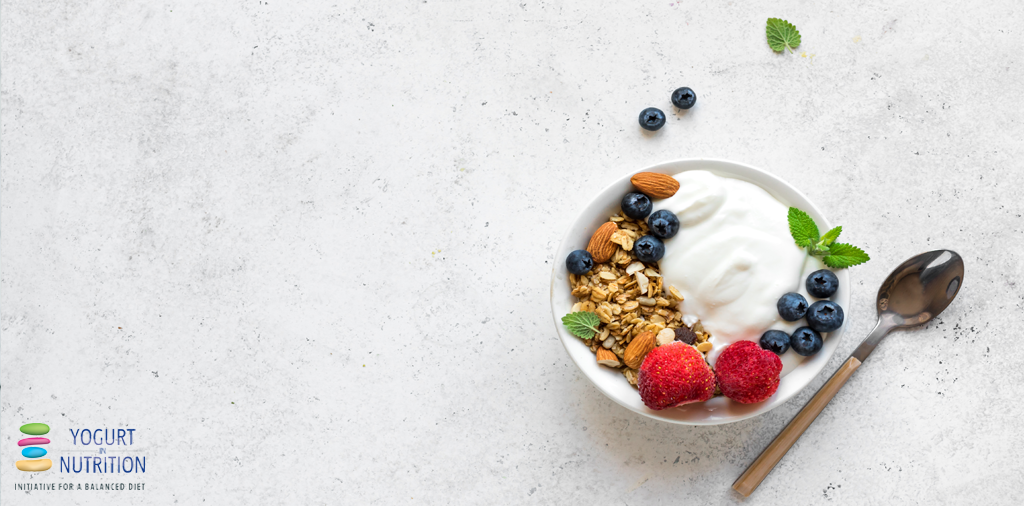It’s a hidden hazard that many of us haven’t even heard of but fatty liver disease can creep up on you unawares and, before you know it, cause serious damage to this vital organ.
Not related to drinking alcohol, the abnormal build-up of fat in the liver can also lead to other health problems such as heart attack and stroke. And doctors are concerned because non-alcoholic fatty liver disease (NAFLD) is becoming increasingly common.
The good news is that gut-friendly bacteria – probiotics – have shown benefits against NAFLD. And now this latest large-scale study from China suggests that if you regularly enjoy a pot of yogurt, you’re likely to have a healthier liver than people who don’t eat yogurt.
Yogurt is one of the best sources of probiotics
No specific treatments exist for NAFLD, but getting plenty of exercise and eating a healthy diet can help. Yogurt is one of the best natural sources of probiotics which, scientists believe, may lower fat levels in the liver, reduce liver damage, and regulate fats in the blood.
In a move to find out more about whether eating yogurt might be associated with limiting the development of NAFLD, the authors of this study investigated the yogurt-eating habits of 24,389 people in China.
All were adults who completed a questionnaire about their lifestyle and diet. The participants had an ultrasound examination of their abdomen so that doctors could see whether they had NAFLD.
Yogurt-eaters tended to be healthier
People who frequently ate yogurt tended to be younger, were more likely to be women, and were less likely to be overweight than people who ate little or no yogurt. They also had healthier levels of fats in their bloodstream and lower blood pressure, did more exercise, and were less likely to smoke or drink alcohol than those who don’t eat yogurt.
People with NAFLD tended to be older, were more often men, and were more likely to be overweight than people without the condition. They also had less healthy levels of fats in their bloodstream, higher blood pressure, and were more likely to smoke and to have drunk alcohol.
‘Fortunately, lifestyle modification (including diet and exercise) is beneficial for the prevention of NAFLD.’ – Zhang et al, 2019.
Higher yogurt consumption was associated with less NAFLD
When the yogurt-eating and NAFLD data were analysed, the authors adjusted the results to take into account differences in age, sex and whether participants were obese or overweight. This meant that the effects of yogurt on NAFLD could be seen more clearly.
People who ate yogurt 2–3 times each week had an 8% lower risk of developing NAFLD than those eating less than one serving of yogurt per week. The risk fell even more (14%) in people who ate yogurt at least 4 times per week.
‘The main findings of the present study were that higher yogurt consumption was dose-dependently associated with a lower prevalence of newly diagnosed NAFLD.’ – Zhang et al, 2019.
These findings need to be confirmed by large clinical studies before firm conclusions can be drawn, say the authors. How yogurt might affect the development of NAFLD is so far unknown. Probiotics in yogurt have anti-inflammatory, anti-oxidant and immune-modulating activity which might help to reduce the risk of NAFLD. Yogurt is rich in calcium, which has been associated with increased breakdown of fats in the body.
Yogurt is also linked to healthy eating habits, and a healthier overall diet may partly explain the association seen in this study, say the authors.



